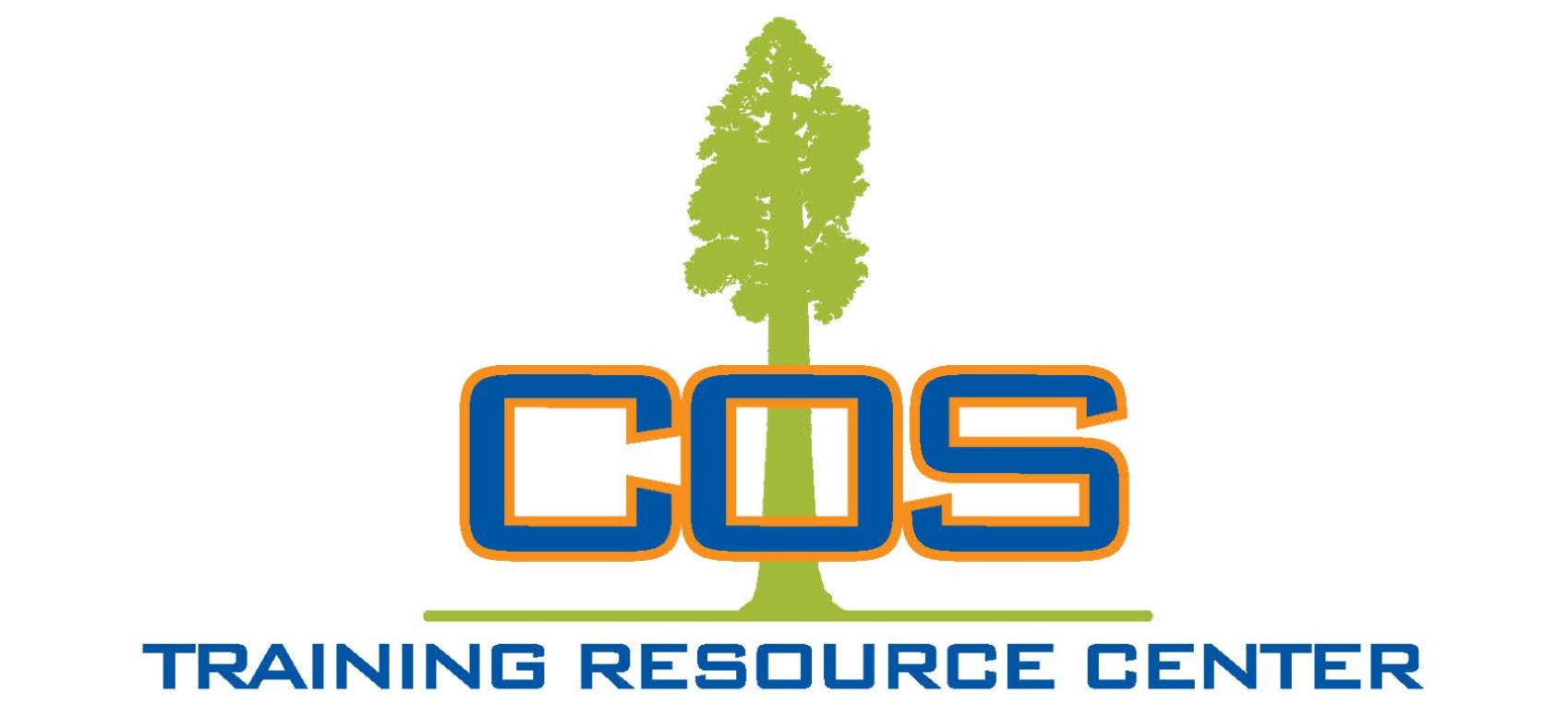Contract Education Provides Pathway to Hospitality Career for English Learners

Contract Education (CE) programs play a role in creating equitable access for California’s underrepresented groups, particularly populations of color and other disproportionately impacted groups. Equity is at the core of the California Community Colleges Chancellor’s Office (CCCCO) work, as expressed in its Vision for Success and the Strengthening Our Vision document.
In this blog article, we highlight how College of the Desert is helping to create equity in the workforce through its partnership with the Coachella Valley Adult School to provide English learners with skills for entry-level jobs in the hospitality industry. (Read the first article in this series, about the CalWORKS work-study program.)
Partnering to Offer Job-Specific Training for Entry-Level Hospitality Positions
Before the COVID-19 pandemic hit, hospitality was one of the largest industries in Palm Desert and the surrounding communities in the Coachella Valley, a region known for its leisure attractions: country clubs, golf courses, shopping and restaurants. It’s also home to College of the Desert, and several years ago, the college conducted a focus group involving the hospitality industry to better understand employers’ needs and how the college might help meet those needs, said Veronica Izurieta, the college’s Program Manager for Partnership and Community Education.
During the focus group, customer service emerged as a key skill that employers were looking for in potential hospitality workers. Banquet servers also were in high demand; businesses had trouble finding them and keeping them.
Izurieta said the Coachella Valley Adult School heard about the college’s work and reached out to propose a partnership with the college. The adult school wanted to provide hospitality training to its English learners and needed an organization that could provide the training in both English and Spanish.
“When we were approached by the school, they specifically needed training material and an instructor who was bilingual and able to present the material in Spanish and in the context of the workplace,” Izurieta said.
Contract Education was the perfect vehicle to deliver the training, putting English learners on a path to a solid career by providing them with entry-level hospitality skills they could use to get a job. The partnership began about two years ago, and since then the college has offered a trio of hospitality trainings.
The Big 3: Customer Service, Banquet Serving, Knife Skills
The first job-specific training focused on Guest Service Gold. The 8-hour training, delivered in partnership with the American Hotel and Lodging Educational Institute, taught participants how to turn good customer service into exceptional customer service. Participants took an exam at the end of the training, and those who passed earned a Certificate of Completion that could be included in their resume and a Guest Service Gold pin, which they could wear to interviews with potential employers to showcase their newly attained skillset.
The second course focused on banquet serving, another high-need area for employers. Offered in partnership with local hotels, Izurieta and her team developed this training with lead banquet servers as the subject-matter experts, allowing the college to create highly customized training materials. Participants learned appropriate terminology and job expectations. They also engaged in hands-on activities, such as setting up banquet tables.
“They learned down to how to correctly set tables for different events, different styles of napkin folding, carrying trays, and properly serving guests,” Izurieta said.
Students who passed a written assessment and the practical-skills part of the training received a certificate of completion.
The third training in the series focused on culinary knife skills. For this training, the college partnered with a hotel to use its back kitchen facility, where students were taken through the full array of knife skills and were assessed on those skills.
About 20 students enrolled in each training, and there was a pass rate of approximately 95%. Some students took all three trainings, which were offered as a fee-for-service training to the adult school.
“With the industry focus groups that we did several years ago, they were very excited to partner with us because they did stress that they had difficulties in having a high-quality pool of candidates to hire from and that this training would make a great impact on that,” Izurieta recalled.
Jereme Weischedel, principal of Coachella Valley Adult School, said the program is part of the school’s larger effort to integrate education and training. The adult school offers the training classes at no cost to its students. Many students, he said, are agricultural workers and are looking for a pathway to a new career and a higher-paying job.
The partnership with College of the Desert is helping to pave the way.
“In my eyes, College of the Desert specializes in career technical education,” Weischedel said. “They have the equipment. They have the partnerships. They have the past experience in that area.”
Weischedel and his team will next collaborate with Izurieta and her team at the end of this month when they host the first virtual Guest Service Gold training for about 20 of the adult school students.
Their collaborative efforts are helping to provide equitable access for English learners to affordable (in this case, at no cost) life-changing training that puts them on the path to a higher wage. The partnership is just one example of many throughout the state where Contract Education is working to create equitable access for California’s underrepresented groups.
Connect with Contract Education Professionals
Use the Contract Education directory to connect with CE professionals throughout the state.

